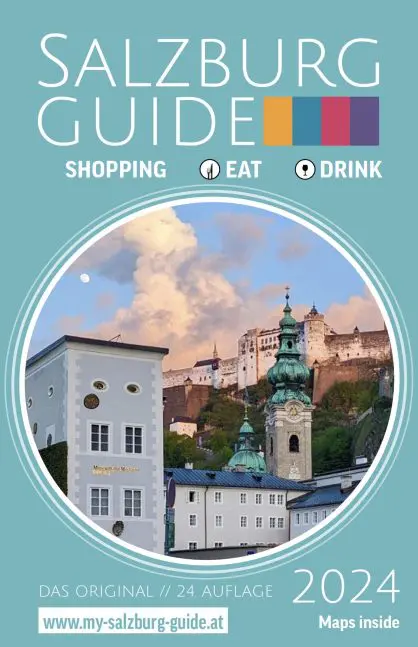It was back in 1920. The First World War had left in its wake a country in ruins, a population near destitution and an abundance of suffering. Remarkably, it was on these dire foundations that something took root that has become an intrinsic part of Salzburg and has since in the 100 years of its history lost none of its appeal – the Salzburg Festival.
We can thank Max Reinhardt, the theatre and film director, and his determination to stage a festival in Salzburg for the birth of this event, that occurred on 22 August 1920. It was on this date that, in the Cathedral Square, he put on a production of Hugo von Hofmannsthal’s version of ‘Everyman’ – Jedermann.
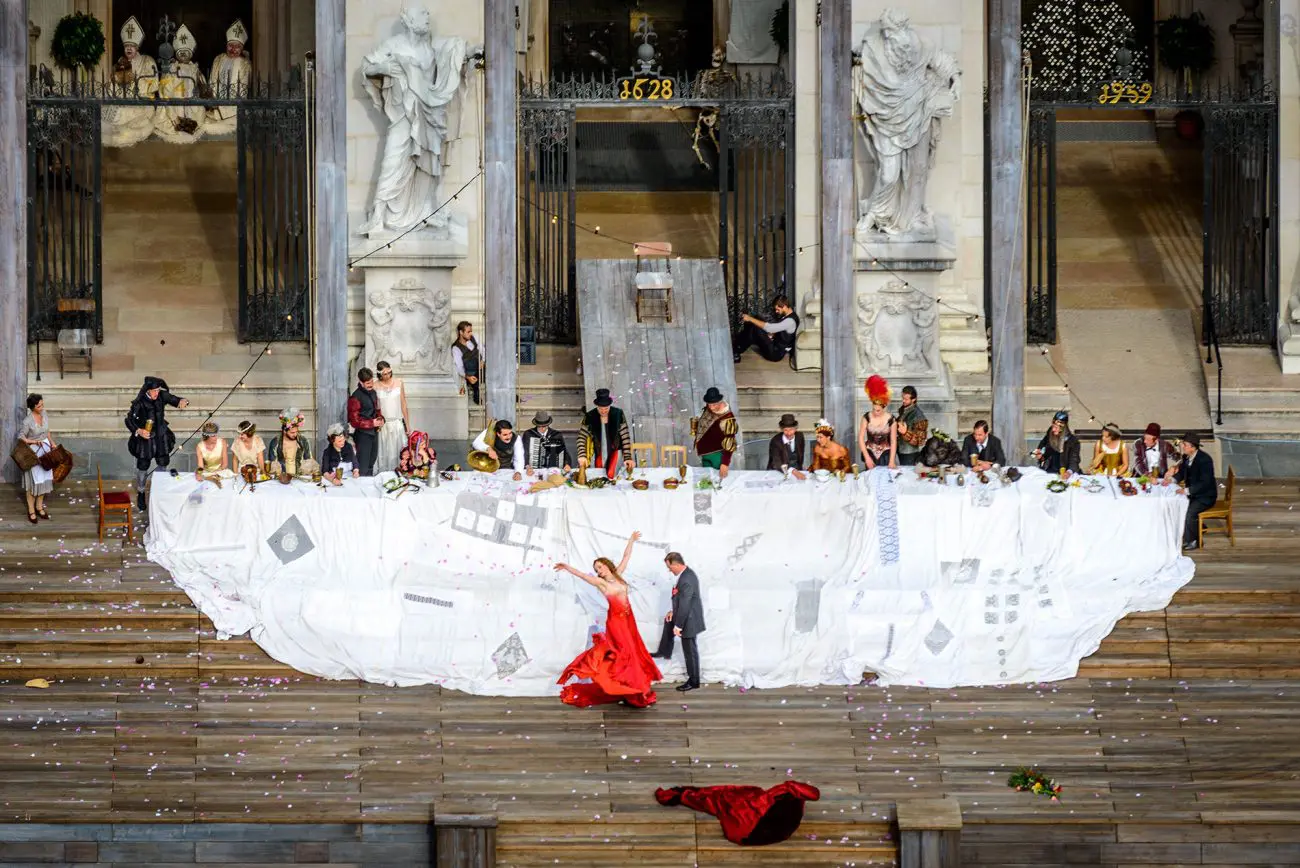
The Festival Society had drawn up ambitious plans of how to mark the 100th anniversary of the event in 2020 – major opera productions, concerts and plays in which leading performers from around the world had been engaged to take part. Unfortunately, coronavirus intervened.
But even in 2020 there was also someone with the determination of a Max Reinhardt. Festival President Helga Rabl-Stadler was not prepared to allow anything as absurd as a microscopic virus to steal the show. Following difficult negotiations with the various politicians, including the Chancellor himself, and the drawing up of an ingenious safety concept, she managed to bring about what had seemed almost inconceivable: Salzburg got its 100th Festival. Perhaps with not quite all the glamour and glory originally intended but all the more heart and soul had been invested in its realization. And for Salzburg’s citizens who came, it was more than just a good deed shining in a naughty world.
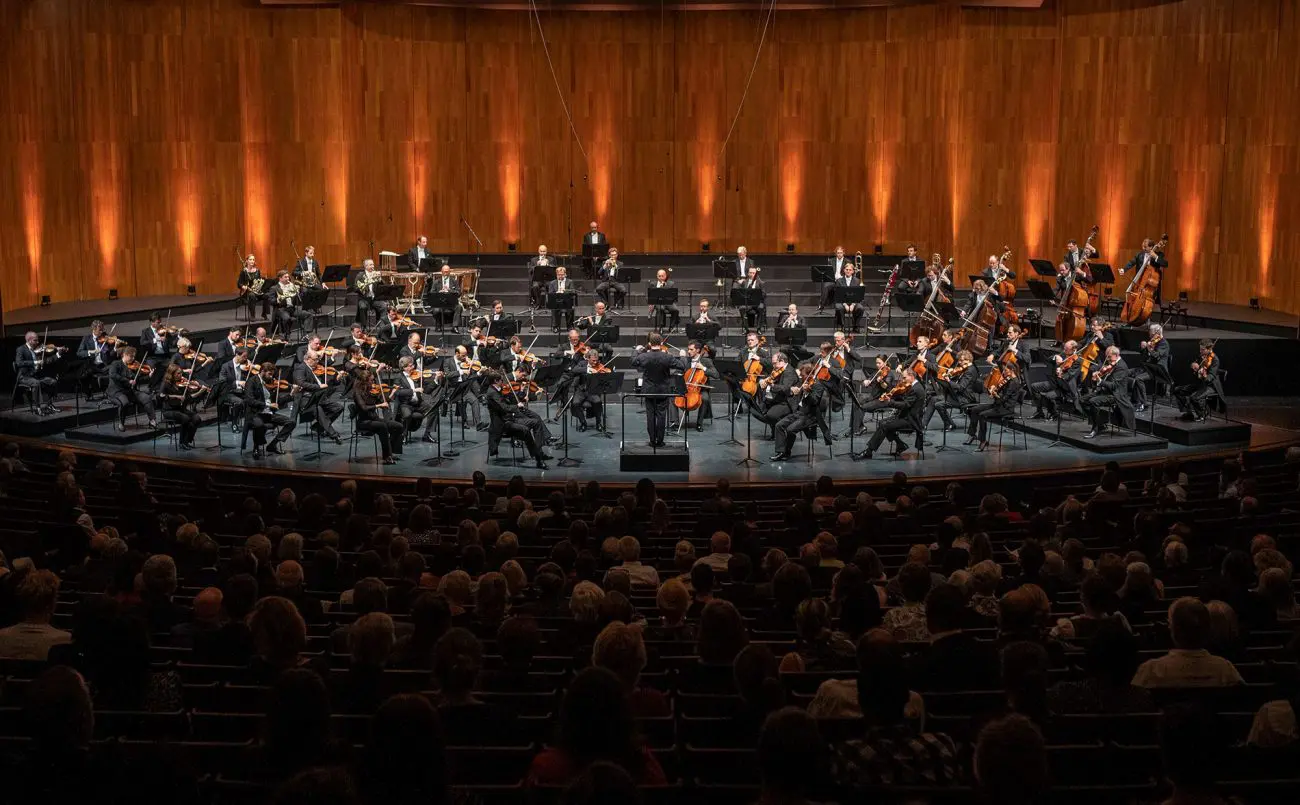
The Festival, considered to be one of the leading lights in the international classical music calendar, ended up defying the pandemic. People again craved culture just as their predecessors had done after the First World War. In 2020, the organisers had to explore a range of innovative options, setting new standards for the art, culture and festival world. They managed to achieve a remarkable feat on behalf of the Festival and Salzburg that has come to represent an inspiring example for the future.
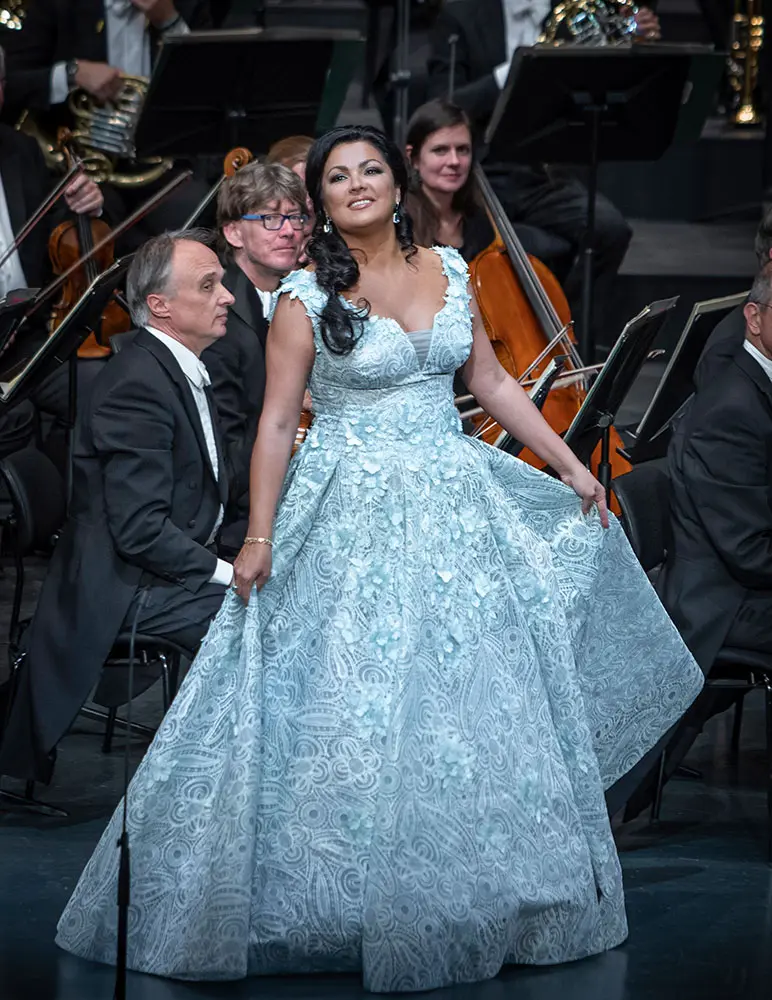
An environment where culture flourishes
But Salzburg has so much more to offer when it comes to cultural venues. There are theatres – and not just those that stage classical pieces – among them the State Theatre, the Schauspielhaus, the Puppet Theatre, kleines Theater, TOIhaus and OFF-Theater. In addition, there are the Oval in the Europark, the Winter Riding School, the House of Literature, ARGEkultur, SZENE Salzburg and the Salzburg Künstlerhaus where plays, cabaret and musicals are staged.
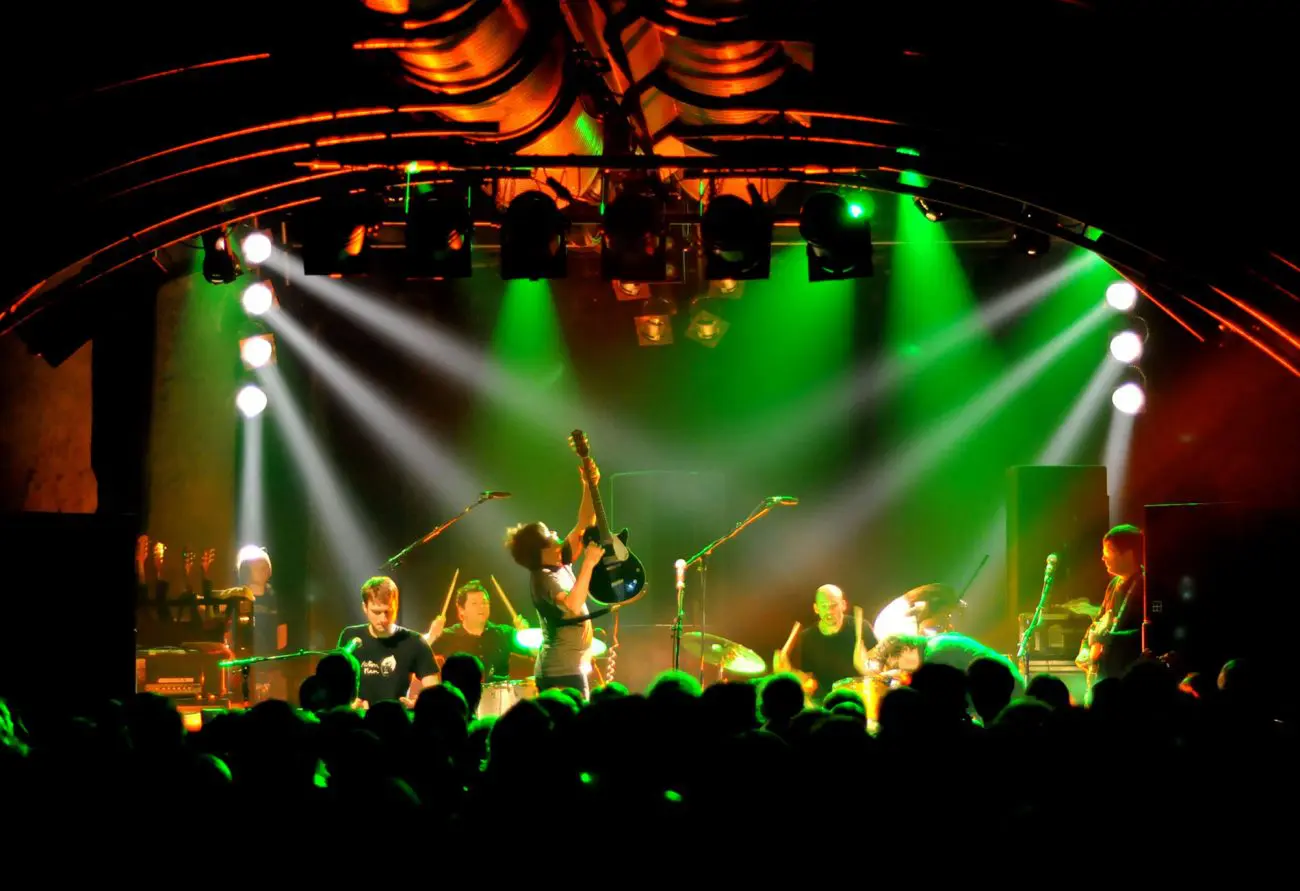
Let’s not forget the Museum of Modern Art, the Salzburg Museum, the cathedral-museum complex of the DomQuartier, Hohensalzburg Fortress, the Fortress Museum, the Panorama Museum, the Toy Museum, the Residenz Gallery, Mozart’s Birthplace, the Domgrabungsmuseum archaeological museum, the Folklore Museum in the Monatsschlössl, the Dance-Master’s House, the Water Museum and the Christmas Museum that, among others, offer a wealth of permanent and temporary exhibitions. Paintings, prints and sculptures can be admired in the many private and public galleries, small and large, and in those operated by Salzburg municipal authority.
And when it comes to music, the city of Mozart’s birth can compete with the best: concerts of classical music, concerts staged by the Salzburg Cultural Association, operas in the Large Festival Hall, the House of Mozart, the Orchestra House, operas and operettas in the State Theatre, jazz, pop, rock and indie pop concerts in the ARGEkultur, Jazz:it, Rockhouse or Republic – the list could go on for ever.
There is one thing that is sure – all culture lovers will find their particular preference catered for in Salzburg.
Author: Ricky Knoll
